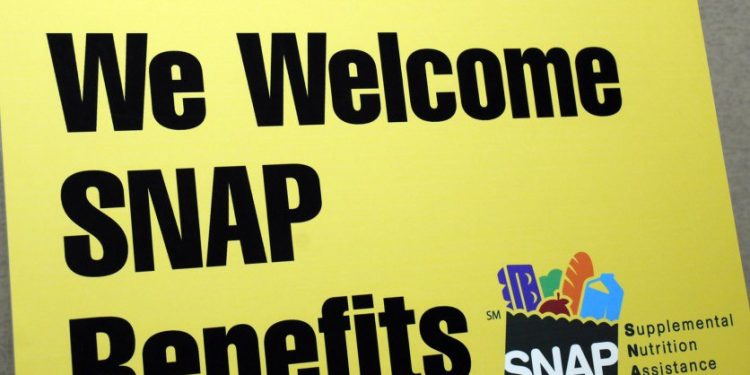Lawmakers Push for Improved Accuracy in SNAP Administration
In response to rising error rates in the Supplemental Nutrition Assistance Program (SNAP), legislators are pushing for reforms through the farm bill to enhance accuracy and accountability. Recent data from the Food and Nutrition Service (FNS) reveals an uptick in payment errors for 2023, prompting calls for more stringent measures.
The latest FNS report indicates that in 2023, the national average overpayment rate for SNAP was 10.03%, while the underpayment rate stood at 1.64%, culminating in a total error rate of 11.68%. This represents a slight increase from 2022, when the error rate was 11.54%, with overpayments at 9.84% and underpayments at 1.70%.
House and Senate Agriculture Committee leaders have expressed concern over these figures, highlighting overpayments exceeding $10 billion in 2023. In a joint statement, Senate Agriculture Committee Ranking Member John Boozman (R-Ark.) and House Agriculture Committee Chair Glenn Thompson (R-Pa.) emphasized the need for enhanced program integrity and state accountability to protect taxpayer funds.
Proposed measures in the farm bill include the removal of a reporting threshold for SNAP errors, ensuring all erroneous payments are reported. Currently, errors under $56 are excluded from public reporting. Additionally, the House bill suggests creating an Office of Program Integrity within FNS to support states in implementing accurate SNAP administration practices.
The American Public Human Services Association (APHSA) supports recommendations for payment accuracy but notes that the current focus on fraud and abuse may overshadow necessary technical support for states. Chloe Green, senior policy associate of food and nutrition services at APHSA, pointed out that removing the $56 threshold could overwhelm state agencies, diverting attention from addressing the root causes of errors.
Both Republican and Democratic proposals aim to address high error rates with varying approaches. The Boozman framework proposes increased penalties for states with persistently high error rates, while Senate Agriculture Committee Chairwoman Debbie Stabenow (D-Mich.) advocates for more comprehensive support and monitoring to help states improve accuracy.
Stabenow’s proposal, the Rural Prosperity and Food Security Act of 2024, includes provisions for real-time state support and monthly reporting to USDA on SNAP application processing and certification. Her plan also aims to enhance the customer service metric used to evaluate SNAP performance.
Critics of privatizing SNAP administration, such as the Food Research and Action Center, warn that outsourcing eligibility determinations could lead to administrative issues, as seen in past cases in Texas and Indiana. However, proponents argue that flexible staffing could help states manage high workloads and improve accuracy.
As the debate continues, stakeholders emphasize the importance of balancing accuracy with SNAP’s core mission of ensuring food security for low-income households. The outcome of these legislative efforts will shape the future administration of SNAP and its impact on millions of Americans.
Error




